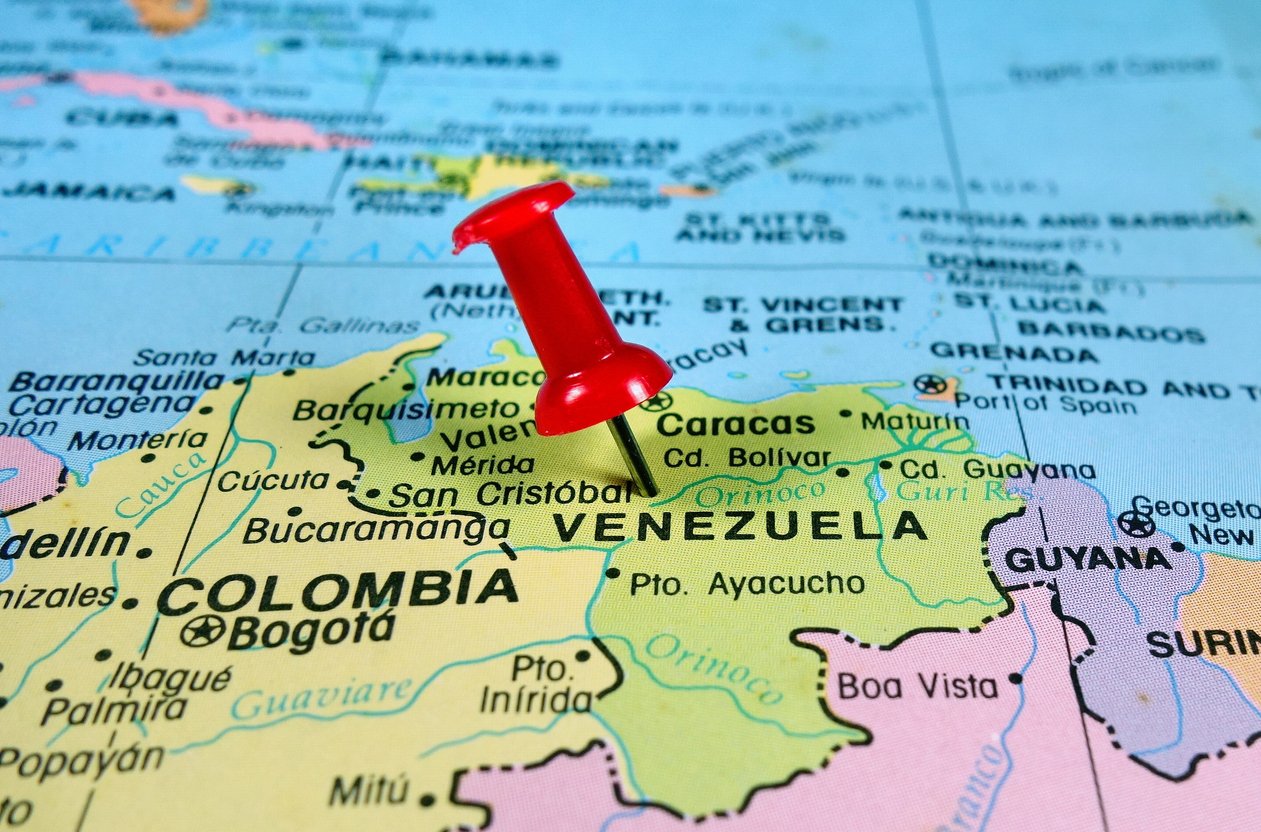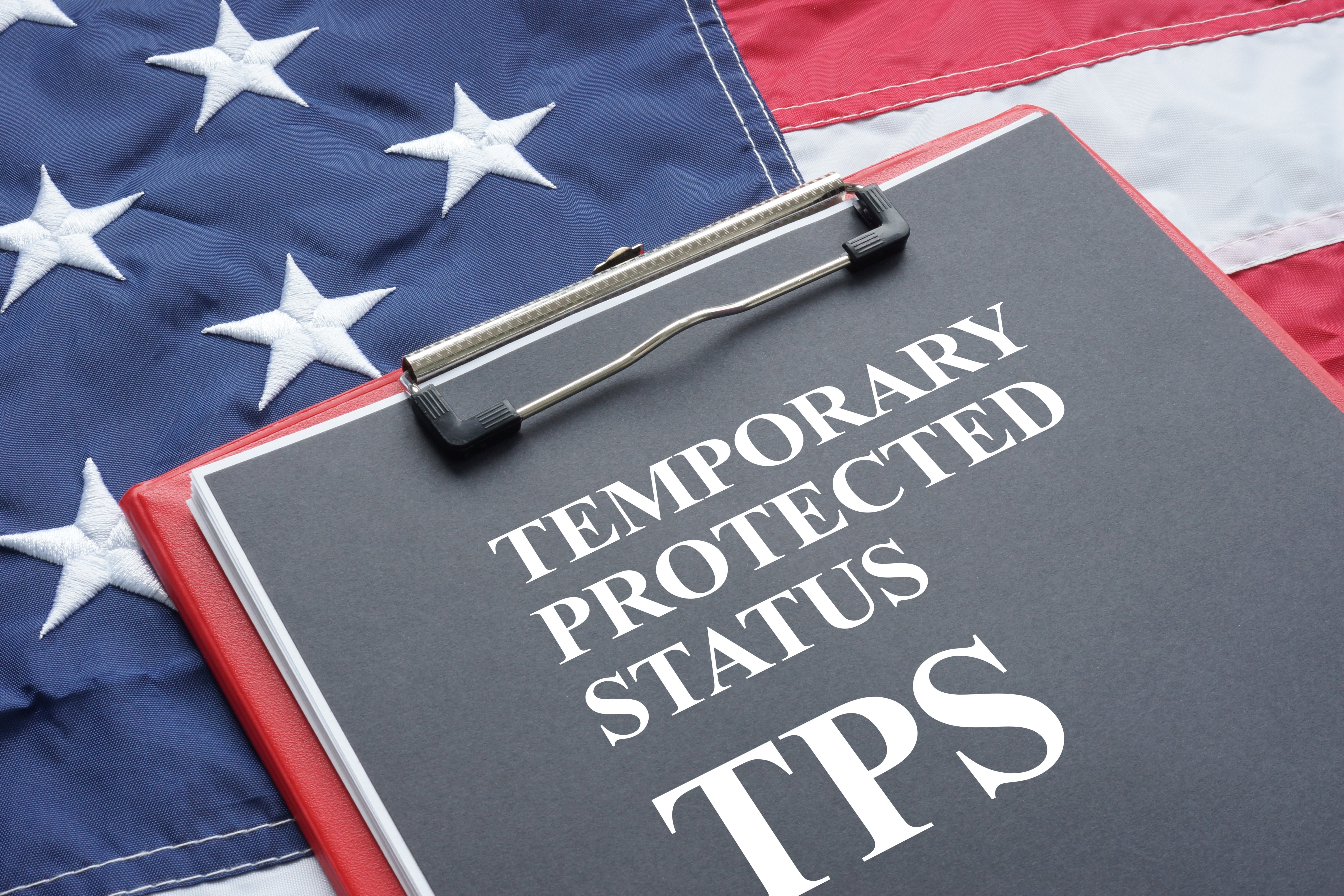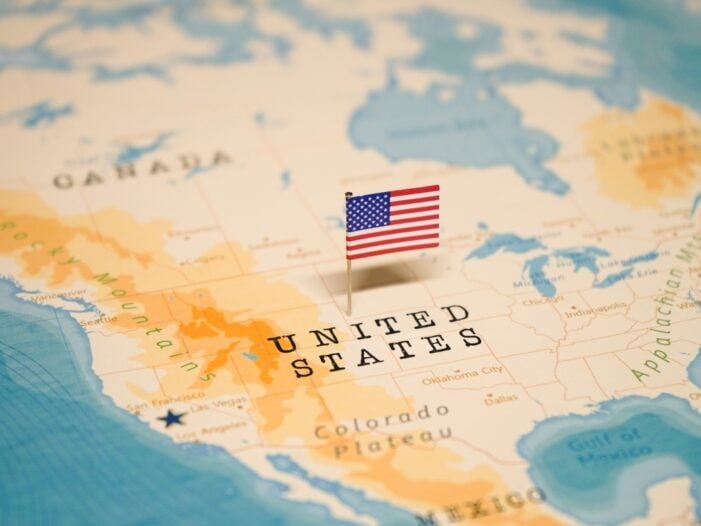Visiting the United States has never been a simple task, but for Venezuelan nationals, there are a few more complications to consider.
In the wake of new entry rules and a shift in the U.S. policy towards Venezuelans, the question remains: Is it possible for Venezuelans to visit the U.S. at all, and if so, what do they need?
This article dives into the new regulations, explaining who can travel to the country with the ban in place, which exemptions exist, and includes other useful advice and tips for Venezuelans who are planning a trip.
If you’re a Venezuelan national preparing to visit the US, it should serve as your go-to resource to inform you of what you can anticipate and what you will need to do to get ready.

Can Venezuelans Travel to USA
Yes, citizens of Venezuela can still visit the United States, albeit with some restrictions.
Citizens of Venezuela can go to America if they have a valid visa that was issued before June 9, 2025, and a passport with at least six months of validity.
A new presidential proclamation takes effect on June 9, 2025, and the United States will stop issuing immigrant and non-immigrant visas for entry, including B-1/B-2 visas (tourist visas), F/M/J visas (student visas), and work visas.
According to the Presidential Proclamation signed on June 4 and effective at 12:01 a.m. EST on June 9, this means that if you are abroad and do not hold a visa, you will not be allowed to enter or obtain new B-1/B-2, F, M, J visas, and immigrant visas.
Although traditional visa options may be limited, Venezuelan citizens can still enter the United States in certain circumstances. Now, we will outline the current conditions and requirements for qualified individuals to travel to the United States.
Exceptions for Venezuelan Citizens to Travel to the United States
1.Valid Visa Holder (before June 9, 2025)
If you are a citizen of Venezuela and you had a valid visa as of June 9, 2025, you can still enter the United States.
2. Green Card (Lawful Permanent Resident) Holders
Venezuelan nationals with US green cards are exempt from the travel ban and are free to travel around the US.
3. Dual Nationals from Non-Restricted Countries
Venezuelans who are dual citizens and have another country’s nationality in addition to their Venezuelan nationality can travel on the non-restricted-country’s passport to the U.S.
4. Official & Special Visas
Here are types of “special” individuals who can visit the US on a nonimmigrant visa:
Certain diplomatic personnel
NATO personnel
Individuals who are a part of (e.g., athletes, coaches, and officials)
5. Children Adopted via Hague Convention or Residency
Venezuelan children under the Hague Convention or who receive immigrant visas by adoption are able to enter the United States.

6. Immediate relatives of U.S. citizens
U.S. citizens’ immediate family members — such as their minor children, spouses, and parents — are not subject to the general restrictions for Venezuelan nationals.
7. Refugees or asylees
Venezuelan asylum seekers and refugees are also welcome to apply for entry to the U.S. if they can demonstrate a credible fear of persecution in Venezuela or elsewhere and satisfy U.S. Immigration and Customs Enforcement criteria.
Aside from the specific cases listed above, the U.S. has put a few rules in place that make it possible for citizens of Venezuela to enter the country under certain circumstances.
Special Policy for Venezuelan Citizens
1. Temporary Protected Status (TPS) for Venezuelans
Temporary Protected Status (TPS) is a temporary legal status given to individuals from countries experiencing extreme situations, such as armed conflict or natural disasters, preventing their safe return home.
Because of the deteriorating conditions in Venezuela, the US government has given TPS to Venezuelans, which prevents them from being deported and allows them to work in the US.
In a statement released by the U.S. Citizenship and Immigration Services (USCIS), TPS beneficiaries who received TPS-related documentation on or before February 5, 2025 (valid until October 2, 2026) will retain their TPS and the related documents.
Requirement:
Residency Requirement: Applicants must have been continuously physically present in the U.S. since March 9, 2021, the date of the TPS designation.
Form I-821: Venezuelans need to file Form I-821 (Application for Temporary Protected Status).
Evidence: Applicants should include documents that show proof of their identity, as well as their residence in the U.S. since the specified date and nationality.
For more information about TPS and the application process, you can visit the official website: https://www.uscis.gov/humanitarian/temporary-protected-status

2. Humanitarian Parole for Urgent Situations
Humanitarian Parole provides individuals a way to enter the U.S. on a temporary basis due to humanitarian reasons or significant public benefit. It’s not a visa, but rather temporary admission for cases such as emergency medical treatment, family reunification, or individuals in need of protection.
March 25, 2025, the US Department of Homeland Security (DHS) ended the parole program for Cubans, Haitians, Nicaraguans and Venezuelans (CHNVs).
However, on May 30, 2025 the Supreme Court reversed this decision and determined that the Trump Administration may cancel parole status for people that have been naturalized by the CHNV program. Although you may have had parole status, after May 30, 2025, it will have lapsed anyway.
Travel Tips and Precautions
Here are some practical precautions Venezuelan nationals should bear in mind to prepare for a hassle-free visit to and stay in the U.S., especially considering the current diplomatic tensions and immigration regulations.
1. Confirm U.S. Entry Requirements Before Departure.
A couple of weeks prior to your travels, you’ll want to re-look at any country requirements in Venezuela from the U.S. Embassy`s website for the most up to date and current information and to see if any other health requirements may have changed, such as a need for vaccine certifications, and what the latest rules for Venezuelans are.
2. Double-Check Your Passport and Documents.
Before you buy a ticket, confirm that your passport will be valid six months beyond the duration of your stay in the U.S. If you are traveling for a particular reason, you’ll want to triple-check that everything is current.
3. Be Aware of Financial and Economic Considerations.
In the US, you’ll want to have a dependable way to get money. Just let your banks know your travel plans beforehand so they don’t flag your account for suspicious activities.

4. Prepare for the Customs Process.
Once you arrive in the United States, you will be processed by Customs and Border Protection (CBP). Make sure all the necessary paperwork is both ready and available. If you’re traveling under an approved program, bring that information. You may be asked what the purpose of your visit is, where you’ll be visiting, and how long you’ll be here.
5. Pack for U.S. Customs.
Some items are prohibited while others are subject to declaration when you enter the U.S. You don’t want to be caught carrying forbidden items. When in doubt, review the U.S. Customs and Border Protection site in advance. If you have over $10,000 USD in cash, you also need to declare that at customs.
FAQ
1. What should I do if I lose my U.S. visa while traveling in the U.S.?
If your U.S. visa is lost within the United States, report the loss to the local police department as soon as possible and obtain a copy of the police report.
2. Is travel insurance required to enter the U.S.?
While not required, travel insurance that covers medical emergencies, trip cancellation, and delays is highly encouraged.
3. Can I drive in the U.S. with my Venezuelan driver’s license?
Yes, you can drive in the U.S. with a Venezuelan driver’s license. Most states allow for around 90 days as a visitor, though it’s safer if you have an International Driving Permit.
4. What’s the best way to travel between cities in the U.S.?
Domestic flights are the quickest way to cover the distances between regions, but for shorter distances, rental cars, Amtrak, and intercity buses (such as Greyhound or Megabus) are your best bets.
5. How can I get around within U.S. cities?
All of the big US cities have public transportation. You can hop on a subway, bus, train, or cab. Uber and Lyft operate in most major cities as well.
Conclusion
Getting from Venezuela to the United States is possible but it takes planning and a firm grasp of the most current regulations and exemptions.
Though the rules have gotten stricter, many Venezuelans can still visit or return under certain circumstances.
However, by staying informed, having your papers in order, and following official advice, you will be better able to overcome these challenges and ensure your travel goes smoothly and safely.
